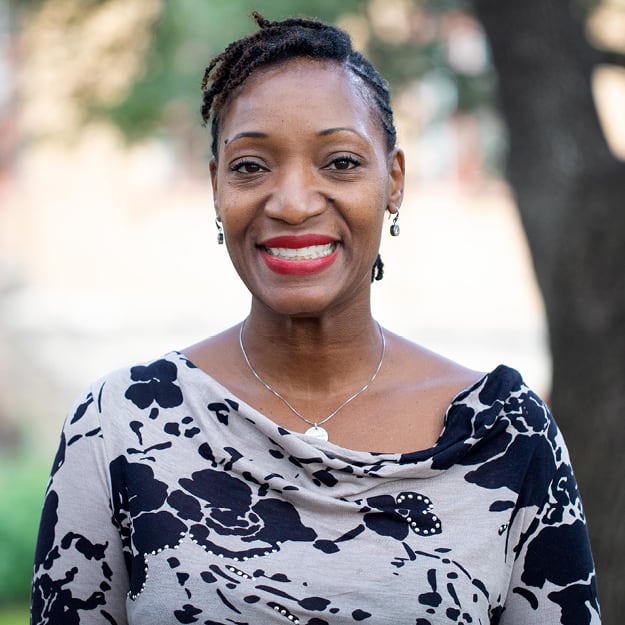For over a decade, burnout has been identified as an occupational hazard plaguing professionals in many fields but for healthcare workers, it can be particulary harmful. The meaningful connections that these professionals develop with people are often intense, emotional and although gratifying can also be stressful. In a 2016 Survey of America’s Physicians, more than 60 percent of Texas physicians reported their morale as “somewhat or very negative.” Texas had the lowest morale when compared to all other states, making Texan physicians more susceptible to burnout.
These challanges along with other external demands like changing electronic medical records, financial pressures, and emphasis on efficiency, productivity and loss of autonomy can contribute to burnout. Burnout goes beyond feelings of stress and frustrated. It can cause serious psychological harm, including lack of empathy, PTSD and suicide.
Recently, healthcare professionals started using the term moral injuryto describe the effects of working on the “frontline of battle” in the current healthcare system. Moral injuryis typically used to describe painful was experiences, and is defined as the ontological pain from committing or failing to respond when witnessing a transgressive act or experiencing betrayal that violates one’s moral wellbeing. While physicians acknowledge that moral injury in healthcare is not the same as moral injuryexperienced by combat veterans, e.g., killing someone in combat, they do believe it can be as harmful. Moral injury can cause guilt, shame, and existential conflict. These core symptomscan lead to secondary symptoms such as anxiety, depression, social problems, and self-harm to include suicide.
During this COVID-19 crisis, healthcare professionals have to make morally objectionable decisions about the lives of the very people they vowed to save. Owing to shortages of resources and to the overwhelming numbers of patients, healthcare providers have to decide how best to allocate ICU beds and ventilatorsneeded for the most acute cases, and whether to use do-not-resuscitate (DNR)policies for patients with lower chances of survival out of a concern for the high risk of infection that health care personnel face when administering lifesaving efforts. These practices are incongruent with the Hippocratic Oath and with healthcare professionals’ code of ethics, all of which could be boiled down to the phrase “first, do no harm.”
The symptoms of moral injury are commonly mistaken for burnout. But burnout implies that the problem rests with the individualand to solve it, the individual must de-stress and find healthier ways to cope, such as through practicing mindfulness or yoga, improving nutrition, getting more sleep, or exercising regularly. Albeit, those practices can be helpful for anyone, yet mindfulnesswill not heal the deep wounds that healthcare professionals may suffer from withholding care from patients. Good nutrition and sleep will not soothe the aching spirit of someone who has had to choose between protecting their patient’s life, their own life, and the lives of colleagues.
What we all need to knowis everybody is susceptible to moral injury, including law enforcement officers, journalists, chaplains, social workers and teachers. Anytime one’s actions transgress deeply held moral beliefs it can cause dissonance and raise deep existential questions. We need funding for research on causes, treatment, and prevention of this debilitating type of injury, because without answers and solutions people will continue to suffer. And we need to fix our broken healthcaresystem, where business profits and financial stability are put ahead of patient needs.
We should express gratitude to healthcare professionals while also understanding that the label of “hero” although well-intentioned, can be embarrassing when healthcare professionals feel morally or psychologically broken from saving most but losing so many. We must recognize they are both survivors and heroes of this crisis. They are risking their lives to save ours. They need our empathy and unconditional acceptance now and for the unforeseeable future.
We all must do our part. Otherwise, we are complicit in what causes these moral injuries.
—
Hawkins is a doctoral student in the Steve Hicks School of Social Work at The University of Texas at Austin. This opinion piece was produced for Texas Perspectives and represents the views of the author, not of The University of Texas at Austin or the Steve Hicks School of Social Work.


